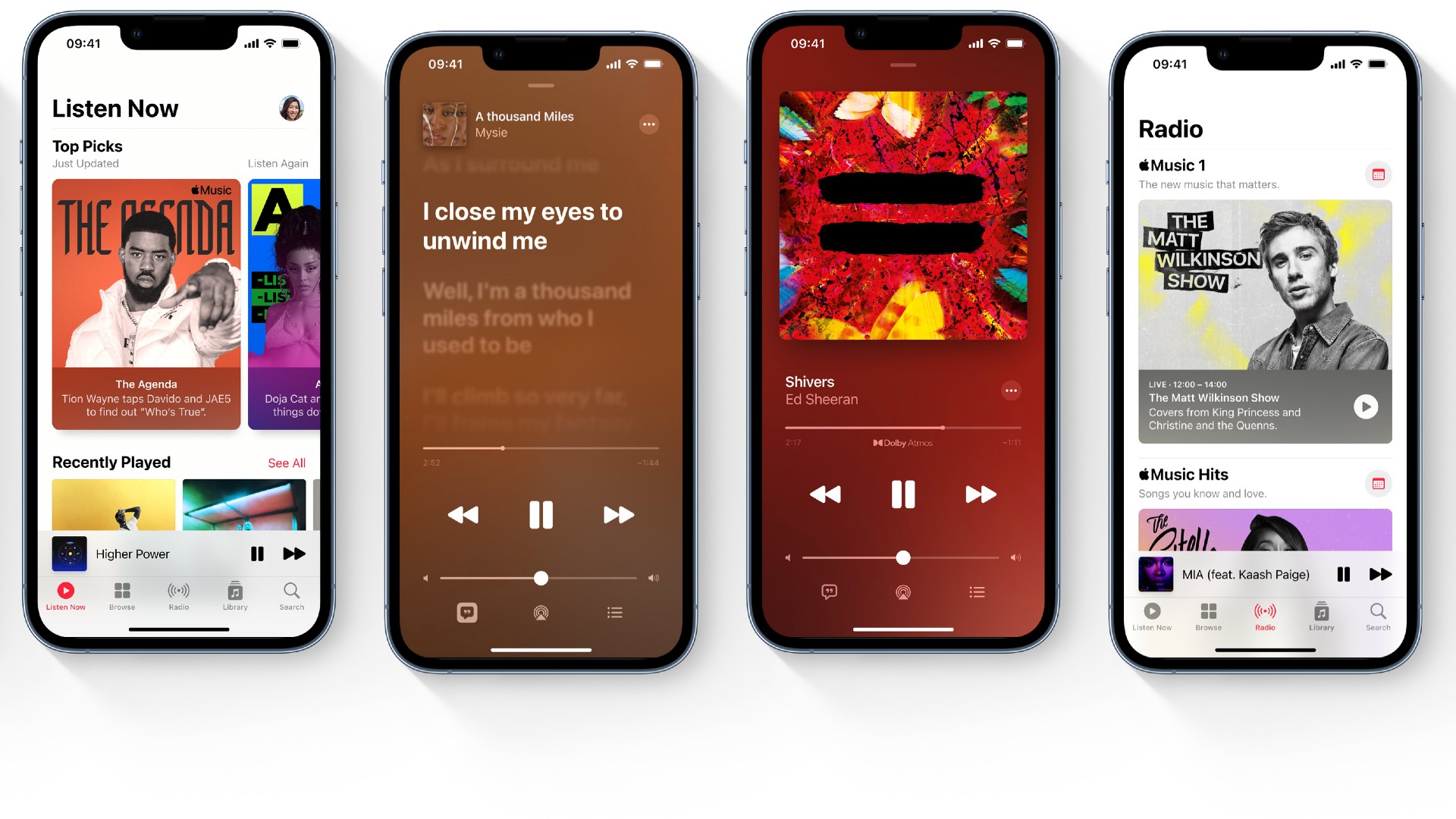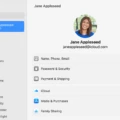Apple Music is a widely popular music streaming service that has revolutionized the way we listen to music. However, many users have reported that Apple Music can be slow at times, and this can be frustrating for those who rely on the service for their daily dose of music.
There are several reasons why Apple Music can be slow, and understanding these reasons can help you troubleshoot the issue and improve your overall experience.
One of the main reasons why Apple Music can be slow is an unstable internet connection. When your internet connection is weak or unstable, it can cause buffering and interruptions in your music playback. To check your network connection, you can open any other app that requires internet and see if it works smoothly. If the issue persists, you can try using Apple Music on a different cellular or Wi-Fi network.
Another reason why Apple Music can be slow is due to the speed of the output songs. You can adjust the speed of the output songs by clicking on the Effect icon on the right side of each audio. This will open a pop-up window where you can edit the speed number. You may change the number to 150 (1.5x), 200 (2x), or any other speed that suits your preferences.
If you have a large music library, it might take a longer time, faster speed, and larger storage space to upload or sync your music library across your devices. When Apple Music is stuck at syncing your library, try to fix it by turning on “Sync Library” in the settings menu.
Choppy, laggy, or stuttering playback is another common issue that can make Apple Music slow. This is often caused by a high level of computer processing power that is required to play certain tracks. To fix this issue, you can adjust the studio to a higher or lower buffer size.
Apple Music can be slow due to several factors, including an unstable internet connection, slow output speed, large music library size, and processing power issues. By understanding these factors, you can troubleshoot the issue and improve your overall experience with the music streaming service.

Troubleshooting Slow Apple Music Performance
There are several reasons why your Apple Music might be running slow. One of the most common reasons is an unstable Internet connection on your device. If the Internet connection is weak or intermittent, Apple Music will struggle to stream music effectively.
To check if this is the issue, you can open any other app that requires an Internet connection on your device and observe if it is running slowly as well. If that is the case, then it is likely that your Internet connection is unstable.
Another reason why Apple Music may be running slow is if the network itself is congested. This can happen if there are too many people using the same Wi-Fi network, or if there are too many devices connected to the same router.
To resolve this, you can try using Apple Music on a different cellular or Wi-Fi network. This can help you determine if the issue is with your network or with Apple Music itself.
Slow Apple Music can be caused by an unstable Internet connection or a congested network. By checking your network connection and trying a different network, you can determine the root cause of the issue and resolve it accordingly.
Speeding Up Apple Music
To increase the playback speed of songs on Apple Music, you can use the built-in Effect feature. Firstly, locate the song you want to speed up and click on it. Then, on the right side of the audio, click on the Effect icon, which is represented by three horizontal lines with a circle at the bottom. This will open a pop-up window with several options. Look for the ‘Speed’ option and click on it. Here, you can adjust the speed of the song as per your preference. You can choose a speed of 1.5x, 2x, or any other value that suits your needs. Once you have selected the desired speed, click on the ‘Done’ button to apply the changes. Your song will now play at the chosen speed. With these simple steps, you can easily speed up your Apple Music songs and enjoy them at a faster pace.
Delays in Loading Apple Music Library
There are a few factors that can contribute to Apple Music taking a long time to load your library. One of the main reasons is the size of your music library. If you have a large collection of music, it can take longer for the app to process all of the files and load them into your library. Additionally, if you have a slower internet connection, this can also cause delays in loading your library.
Another factor to consider is the sync settings on your device. If you have enabled the “Sync Library” option in your Apple Music settings, this can also contribute to longer loading times. When this option is enabled, the app is constantly syncing and updating your library across all of your devices, which can take more time and resources.
To help speed up the loading time of your Apple Music library, you can try disabling the “Sync Library” option and only enabling it when you need to make updates or changes to your library. You can also try optimizing your music files for faster loading times by compressing them or converting them to a more efficient file format. Lastly, make sure that you have a strong and stable internet connection to ensure that your library can load quickly and without interruptions.
Conclusion
Apple Music is a versatile music streaming service that provides its users with a vast library of songs, playlists, and podcasts. Despite its popularity and convenience, users may encounter various issues when using the app, such as slow performance, syncing problems, and playback issues. However, by following some simple troubleshooting tips, such as checking network connection, adjusting speed and buffer size, and turning on “Sync Library,” users can overcome these issues and enjoy a seamless music experience on Apple Music. Apple Music is an excellent platform for music lovers who seek a convenient, personalized, and diverse music streaming experience.








